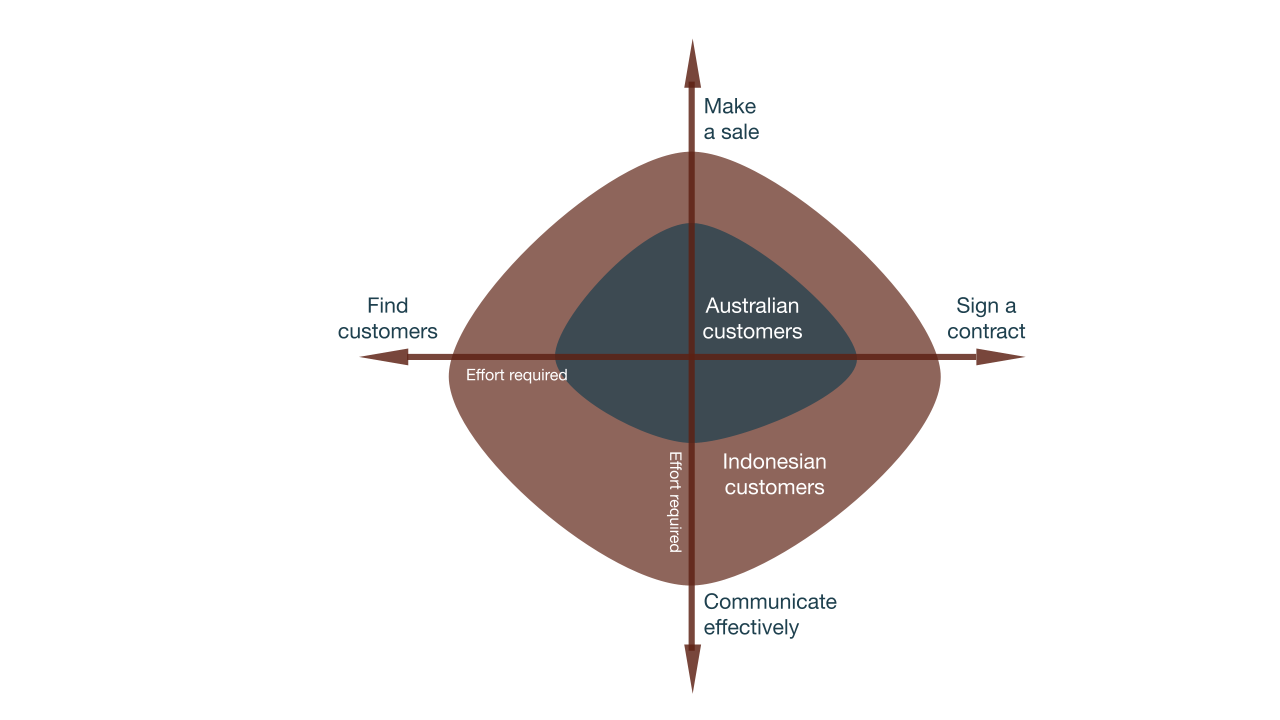Indonesia Overview


We can help your with connection and collaboration to make your Indonesia business the success it should be.
This resource is brought to you by Bisnis Asia and the Export Council of Australia
Angela Wright
info@export.org.au
export.org.au
Helen Brown
helen.brown@bisnisasia.com
bisnisasia.com/services
